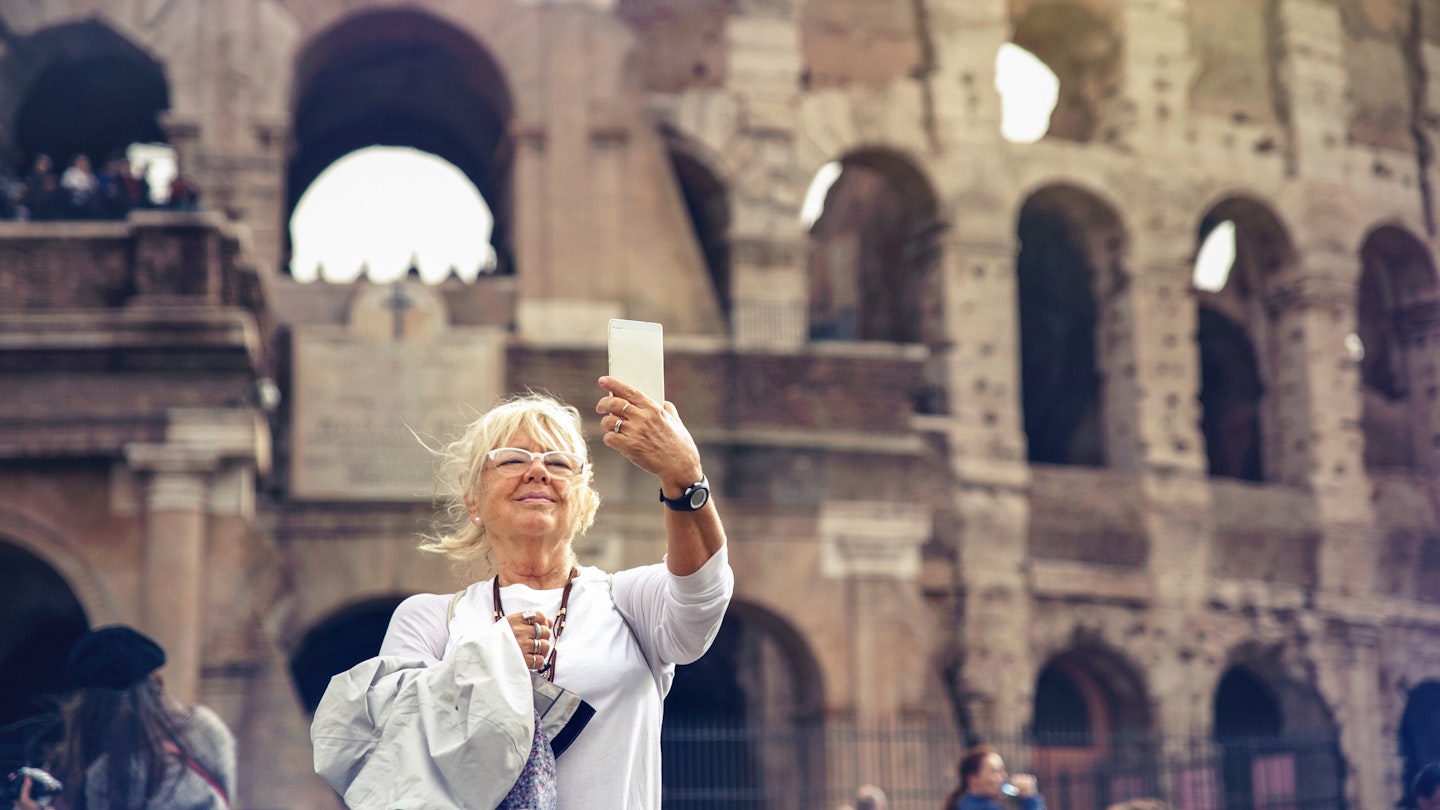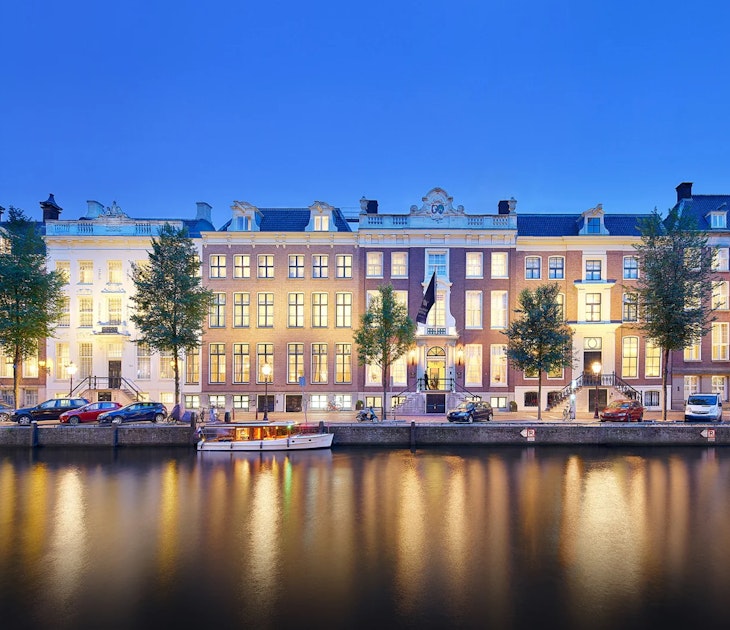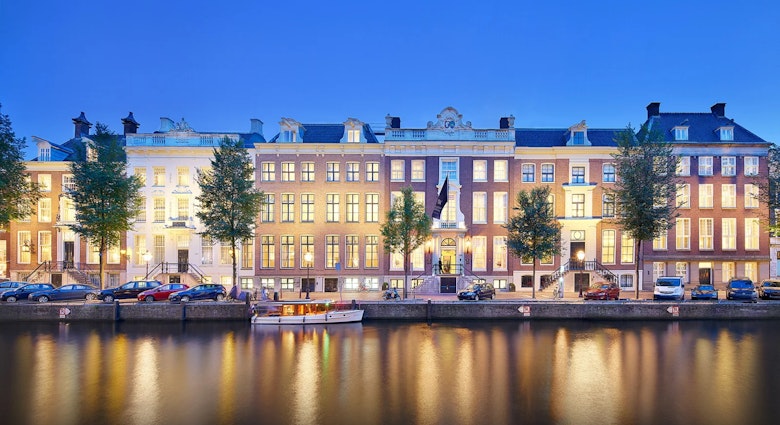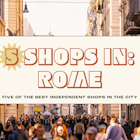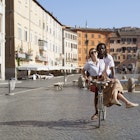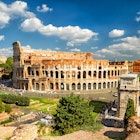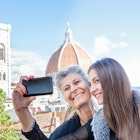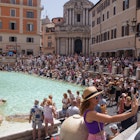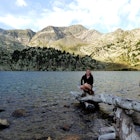Experiencing the best of Rome isn’t just a question of what to see or who to travel with, but when to plan your trip.
The great thing is that Rome is always open for business, so you could come any time of the year and you’ll find a city full of warmth and activity. Time it just right, and you could also avoid the endless queues and frustrations.
From crowds to climate, here's what to expect through the year in Rome.
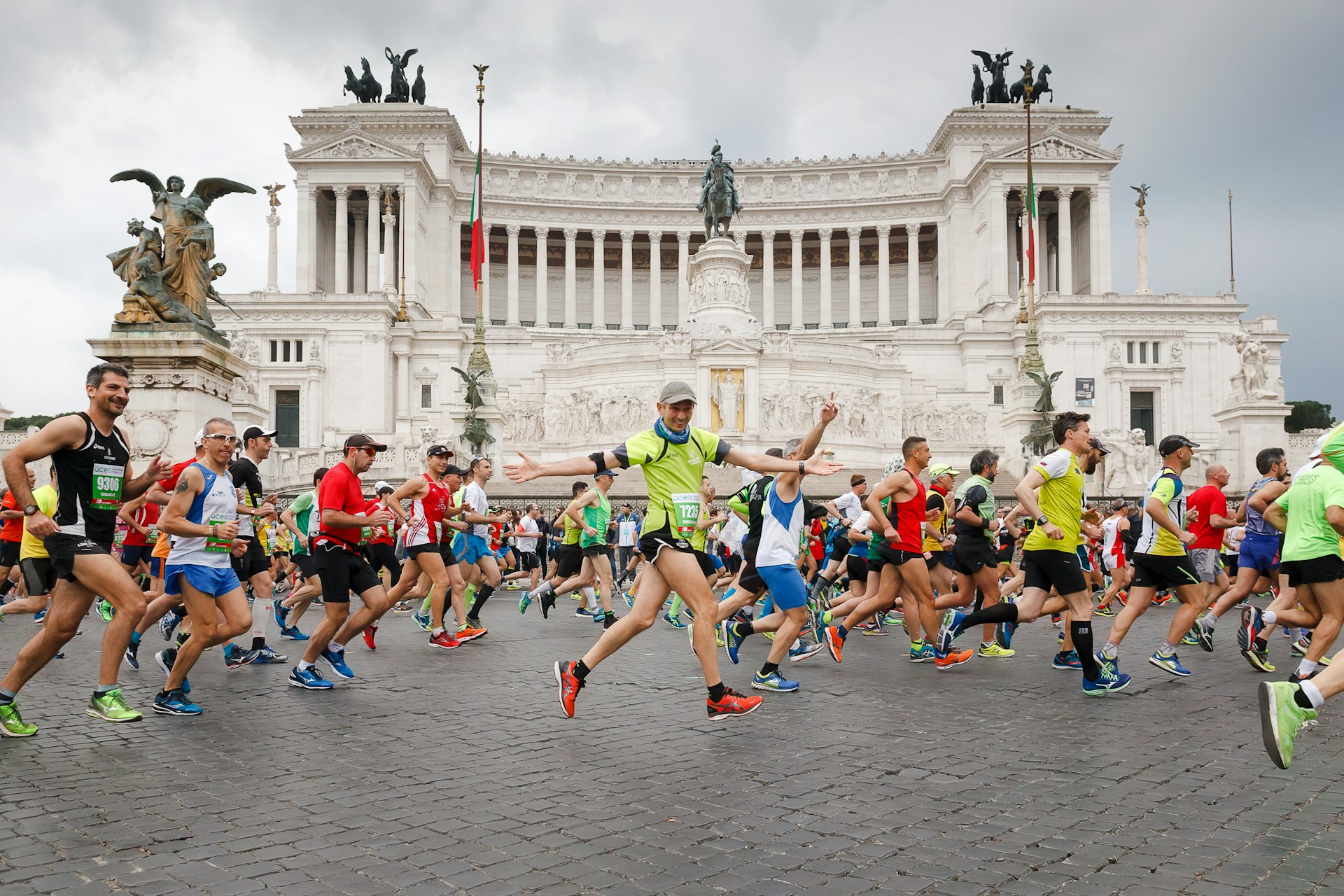
Spring and fall are magical times to visit Rome
When in doubt, aim for the shoulder seasons. Italy tends to awaken from its winter slumber for the Easter holidays, and while it isn’t the beginning of the tourist season yet it is the time when Italians begin to take long weekends to enjoy the country. As such, it’s also one of the best times to catch great deals on flights and accommodation.
Visiting Rome in the spring means taking part in those first giant bursts of life that creep into the city, from flowers and trees blooming to the first sunny days with overflowing terraces where time stops mattering. You might well run the risk of hitting a rainy day here and there but once the clouds part and life resumes, the sun tends to shine even brighter.
Post summer is so famously celebrated in Rome that there is a specific, ancient term for it: Ottobrata Romana (“Roman October”). Dating back to the traditional harvest period, early fall was the time when Romans would leave the city to imbibe in freshly crushed grapes in the gentle sunshine and crisp air that accompanied the end of summer heat. These days, Romans still rejoice but do it more in the form of long walks through the city and extended aperitivi sessions that soak up every ray of crisp sunshine. If you’re looking for a time to enjoy Rome the way it should be, late spring and early fall are it.

Summertime in Rome is hot and busy
There’s no bad time to visit Rome, per se, but the city is notoriously crowded in the summer and, if you visit during those sultry months of June to September, your experience will inevitably be colored by it. And to be fair, it’s not only foreign tourists that are doing the crowding: scores of students march on the capital in their organized school trips, swarming the most famous sites in the way that only disinterested teenagers can do (a universal condition). Additionally, there are concerts and festivals and all manner of delightful (and enormous) gatherings around the city, many of which are scheduled during the summer months. This can bring 50,000 people or more to a central location like the Circo Massimo or Terme di Caracalla, which means even more buses and crowds on top of the buses and crowds that are already there.
Plus, it’s hot. Let me repeat myself to just emphasize how hot it is: it’s so hot. It's blindingly and oppressively warm from noon until about 6pm in Rome in the summer. Consequently, every human who has to not only be outside but also function in some way as part of society is going to be perilously short on patience, from the taxi driver to the tour guide to the gelato shop owner who would really like to be anywhere else out of the heat. As you inch closer to the sacred Ferragosto holidays on August 15, Italians will be ever more anxious to get out of town and escape the cauldron. If you want your interactions to be more than transactions when you come to Italy, it helps to keep this in mind. Moreover, prices on just about everything tend to increase with the temperature so be prepared to pay a premium if you choose a summer stint in Rome.
But, want to see a magic trick? All you need to do is go about three or four streets away from most of the major tourist attractions in Rome, and *poof*, crowds disappear. This is the great thing about many of the most popular places in Italy, for those of us willing to dig a little deeper: massive crowds tend to cluster around the most popular sites, and many of those are in the tightest corners. The Trevi Fountain is in a little piazza and to get there you need to take a route through narrow streets; the Pantheon predates pretty much all of the real estate around it, so it is unsurprisingly a tight squeeze. And while the Colosseum may have been built for lions and gladiators, it’s no match for tour buses and Instagram. So if you do find yourself in the city during those summer months, know that there are many options for less hectic travel, and tons of quieter neighborhoods all around Rome that are well worth a visit.
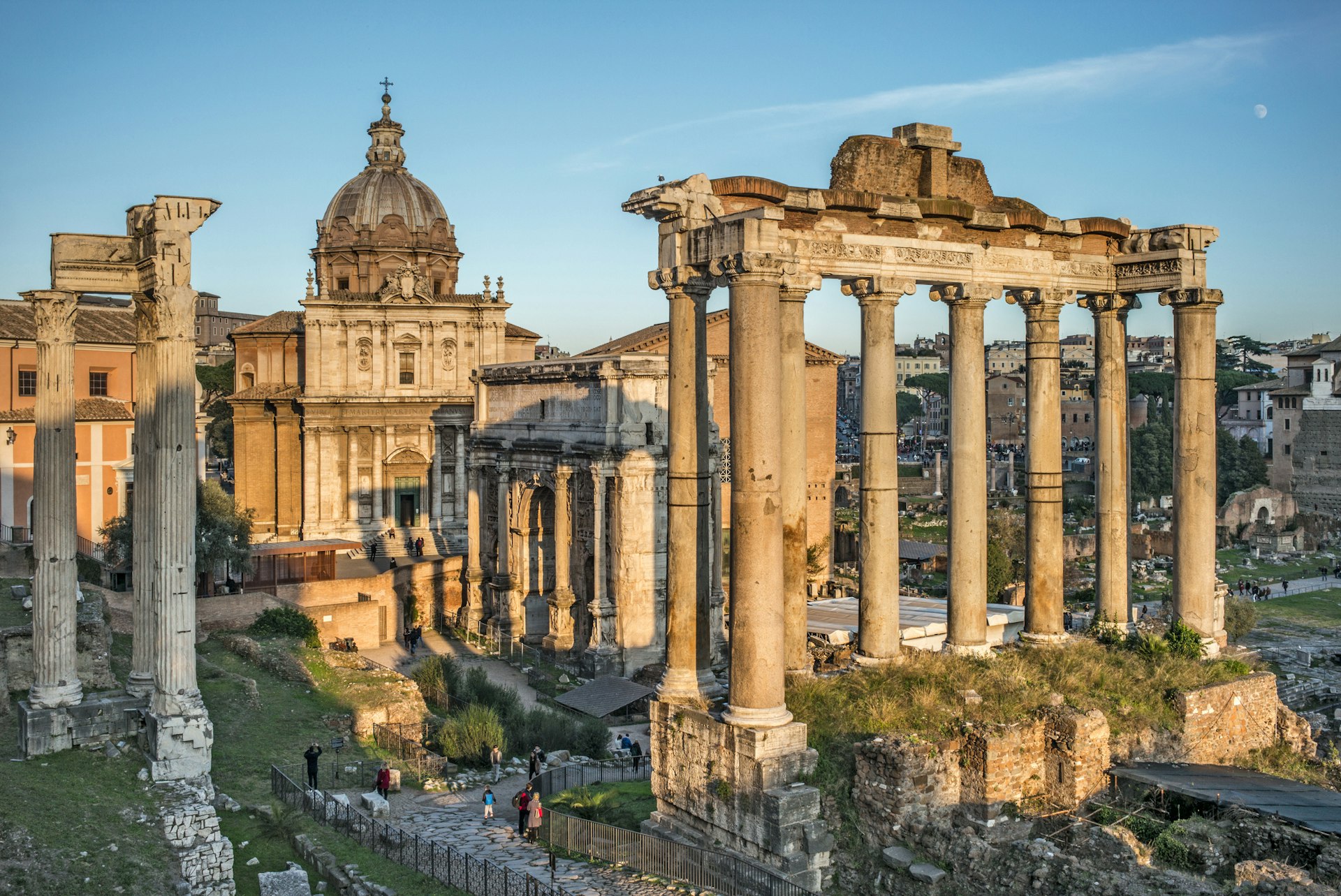
Avoid crowds by heading to Rome in January or February
No matter what time of year you visit, you'll never have Rome all to yourself. There will always be traffic jams and some giant delegation in town that clogs the streets with dignitaries and their entourages. You’ll always have rush hour on the metro or bus, and bustling throngs in and out of the major train stations. Life is happening all the time in Rome, but if you’re here during the post-Christmas holidays, you’ll find a more muted city where your budget stretches significantly further than other times of the year. January and February are ideal times for museum lovers to wander without lines and for foodies to make every reservation they’d never get otherwise.
No matter the time of year, bring a scarf
The weather is not a subject for small talk in Italy as it is in many other places. People talk about it with a reverence reserved for gods, and if you spend any amount of time interacting with Italians they will inevitably have some advice for you pertaining to it. The weather in Rome is by and large very pleasant: it's a Mediterranean climate with sunny days and cooler nights that rarely get below freezing, and rainy periods that can hit from November to March or April. The summer is hot during the day but tends to cool down a bit at night, although like any city it will still tend towards the stuffy and humid.
However, and if there is one thing that any of us should learn about Italy, it is this: wear a scarf. Italians have been locked in an eternal battle against the colpa di aria, crudely translated to a "stiff breeze". It could strike at any time, be it the crisp mornings in January (wear a scarf) or the overly air-conditioned restaurant in mid-August (wear a scarf). It may hit in the middle of an Easter walk through St Peter’s Square (wear a scarf) or in an evening stroll through Ostiense (wear a scarf). The answer to very nearly every question pertaining to the weather in Italy is wear a scarf or at the very least, have a scarf handy. It may seem silly at first but I promise that once you get used to it, you’ll wonder how you ever did otherwise. And hey, in the worst case scenario, you’ll look pretty good on your Roman holiday.

